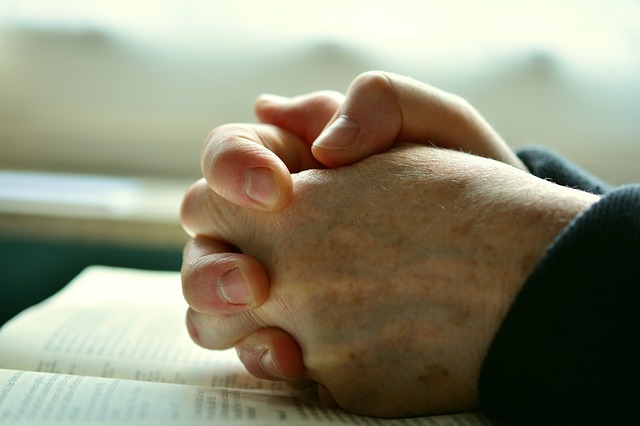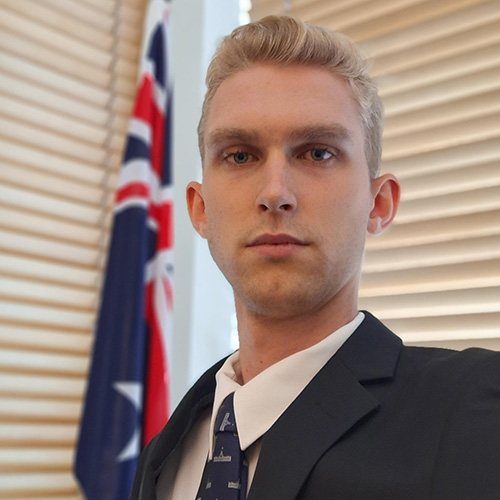“We must not tolerate religious persecution”
October 14by Cody Mitchell
As Australians digest the findings of a review of their religious freedoms, which was leaked recently, Cody B. Mitchell, 17, a Commonwealth Correspondent from Moree, Australia, writes that all over the world people are being persecuted for their faith. He calls on people who practise their faith freely to stand by those who are punished for praying.
Today, more than ever, Australians take for granted our free, tolerant society. Many close their eyes to the desperate plight faced by millions around the world. In numerous nations, religious faiths encounter persecution by both intolerant majorities and totalitarian governments.
Persecution can vary from institutional discrimination to government sanctioned murder and brutal torture. Statistically, of all religions, Christianity is the most targeted, experiencing hostility in almost three-quarters of the world’s nations. Research shows that thousands of Christians are murdered and close to 800 churches are attacked every year.
Worldwide, 600 million Christians are prevented from freely practising their faith today. Can we ignore the reality that a life of persecution is normal for so many? In the 21st Century, it is harder to be a Christian (in most parts of the world) than ever before. North Korea, according to persecution watchdog Open Doors, is ranked #1 in the world for persecution. It has been that way for the past one and a half decades.
In that country, while there are several state-controlled “churches”, it is reported that Christians are regularly mistreated for their faith. Punishments can include imprisonment, severe torture, forced labour or worse. While persecution in North Korea, a secular communist state, is harsh, the most widespread intolerance toward Christians is displayed in the fervently religious Middle East.
Incredibly, of the fifty most persecuted countries in the world, forty-one of them are in the Middle East. In fact, Christians experience discrimination in almost all Middle Eastern nations. Iran, Yemen and Iraq are all in the Open Doors World Watch List “Top Ten”, where Christians experience “extreme persecution”. In recent years, a concerning development in Myanmar has received much media attention. Hundreds of thousands of Rohingya Muslims, a minority in the country, were brutally forced by the government to leave the country and their homes in what has been described by the UN as a case of horrific ethnic cleansing.
“These victims of what has been rightly called ethnic cleansing are suffering an anguish that can only stir a visitor’s heartbreak and anger,” the UN Secretary-General said. Mostly, intolerance toward Islam is displayed where it makes up only a small minority of the population.
For many, it is no surprise to find this kind of horrific oppression occurring in other parts of the world, however, an article recently published in the Frontline Faith Magazine highlights an increasingly hostile secular culture as a grave threat to religious liberty in the West. Wybo Nicolai, the creator of the World Watch List, has had more than thirty years of experience in the field, including half a decade in the Soviet Union and sixteen years in the Middle East.
“I’m very concerned about the current trend in the Western world,” he says. “I would not be surprised if a country like the UK, France, maybe Sweden, could be on the list in ten years from now.” “Persecution is for real,” he continues, “and yes persecution is growing. We have statistical evidence to back this up. It is growing both in intensity and in a number of countries and believers affected.”
His comments come in light of Australia’s recent “Religious Freedoms Review”, led by former legislator Philip Ruddock. In submissions to the report, there were calls for restrictions to be put on certain religious freedoms in the country. As worldwide persecution increases year after year, those of us who are better off should continue in solidarity with those who are suffering. In the light of greater discrimination against people of faith across both the Western world and the world at large, Australians ought to recognise and celebrate the positive impact many religious faiths have had on our cultural, social and economic development. We must not tolerate persecution. We must stand one with the men, women and children who must live in constant fear for their lives, livelihoods and families.
Photo credit: https://pixabay.com/en/pray-hands-praying-hands-prayer-2558490/ (license)
…………………………………………………………………………………………………………………
………………………………………………………………………………………………………………






